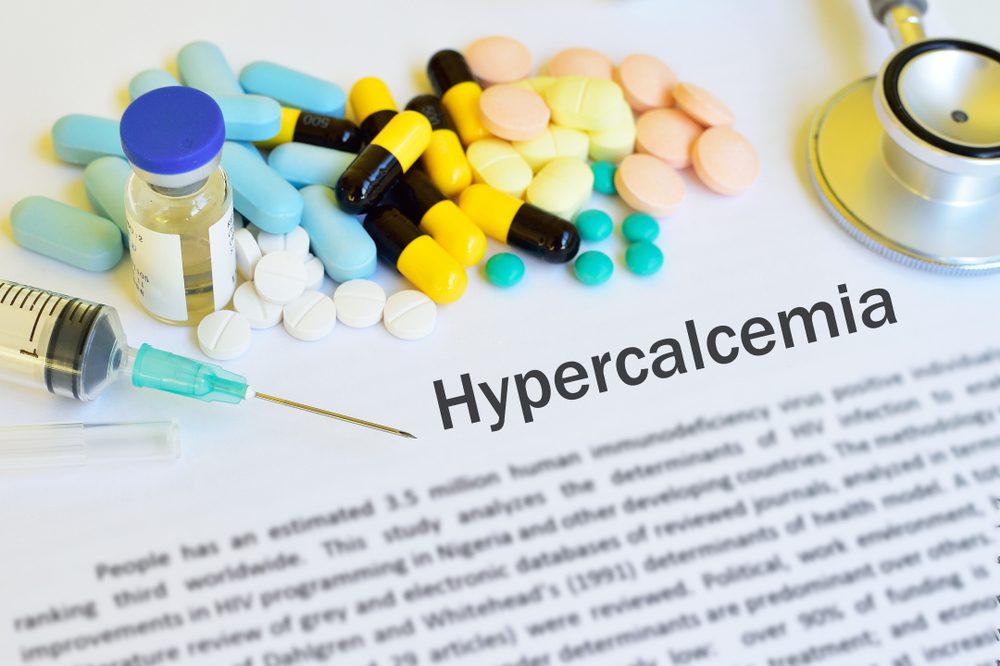
Calcium is the third most abundant molecule in the body and plays a key role in neural transmission, blood coagulation, maintaining normal cellular function, the integrity of bone structure, intracellular signaling, and cell membrane stability.
When you were a kid, your parents probably told you to “drink your milk” so you could have strong bones. That’s because milk is naturally rich in calcium, which plays an essential role in bone health. More precisely, we need calcium for blood clotting, healthy teeth, and for our muscles, heart, and nerves to work correctly.
In fact, 99% of the human body’s calcium is found in the bones and teeth. Therefore, according to the National Library of Medicine, not getting a proper amount of calcium can lead to the development of osteoporosis, which implies a higher risk of bone fractures as you age.
Moreover, if you don’t eat enough foods packed with calcium or take supplements, the odds are you may be among the 39% of Americans with a calcium deficiency (also known as hypocalcemia).
What’s worth mentioning is that women are more prone to calcium deficiency than men since they need more calcium in their diet.
So how can you tell you’re not hitting your daily calcium requirement? Read on to learn seven sneaky signs you may be deficient in this essential mineral, plus how much of it you need.

























